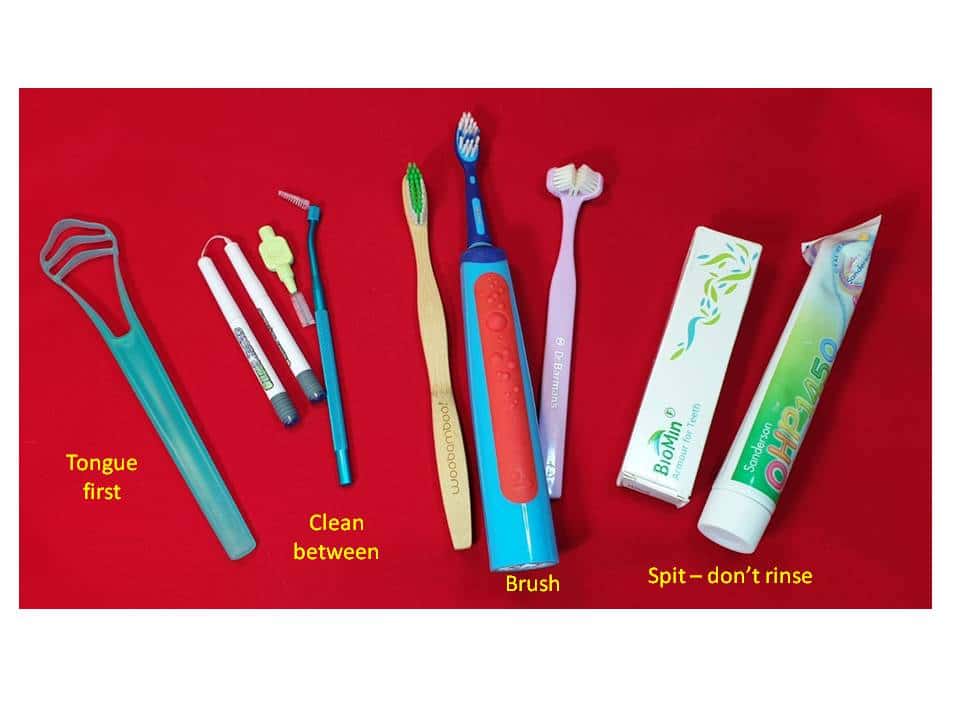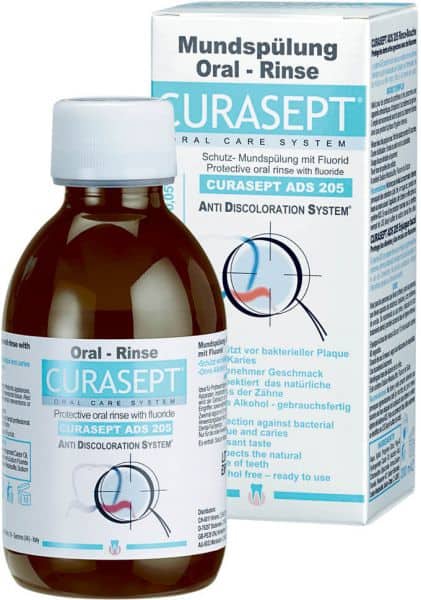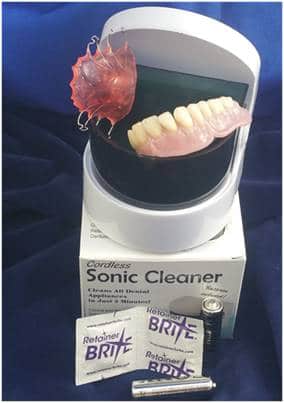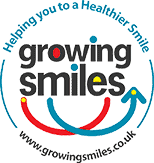Parliament may be dissolved in the run up to the election, so in the absence of a speaker you can rely on Growing Smiles to get your mouth in order!
Many daily tasks and activities are done in a specific order. This may be due to a technical reason that a task should be conducted in that order, for example having a shower before getting dressed, rather than getting dressed then stepping into the shower (!), or it may simply be down to preference such as putting milk in your cup of tea before or after the boiled water is added. Completing more technical tasks in the wrong order could result in bigger consequences than the order of habitual tasks. For example, arriving at work in soaking wet clothes (after having a shower in them) may cause not only discomfort but embarrassment and potentially a cold or worse.
The order of caring for your mouth (such as tongue cleaning, interdental brushing and toothbrushing) is important for technical and health reasons i.e. maximum oral hygiene, rather than preference.
Your dental team may have given you specific advice to follow based on your individual circumstances, however, this advice is often WHAT to do, and not always WHEN and IN WHAT ORDER to use your oral care products.

It’s time to get your mouth in order with Growing Smiles. What’s the verdict?
- Clean your tongue – from the back forwards. This is most effective with a tongue scraper, but you can use a toothbrush, or even an inverted teaspoon (just don’t stir your tea with it after!).
- Clean between your teeth (interdental). Use floss, interdental brushes or a water flosser to clean the surfaces your toothbrush bristles can’t reach.
- Brush your teeth with an electric or manual toothbrush AFTER interdental cleaning. This allows the toothpaste ingredients access to the interdental spaces and sides of the teeth.
- Use a pea sized blob of toothpaste (a smear for under 3 year olds), on a dry toothbrush.
- Spend at least 2 minutes brushing every surface of every tooth.
- Spit your toothpaste out, don’t rinse it off after brushing. Let the toothpaste ingredients work for as long as possible.
When to Use:

Where does mouthwash come in?
Use this at a different time of the day to brushing e.g. after eating, unless otherwise advised by your dental team.

Oral Appliances
If you wear an oral appliance such as a mouthguard, orthodontic retainers/aligners, clench inhibitors etc, it is important to clean these also.
When you wear these at night only then clean them in the morning thoroughly and store them as advised – see GS tips on dental appliance care here. If wearing dentures, retainers, etc during the day and night, then rinse after eating if possible and always clean thoroughly at night and in the morning when you clean your teeth.
Dental Implants
Clean these as you would clean natural teeth or as advised by your dental team. Dental implants require excellent daily personal oral hygiene maintenance. Cleaning all/any natural teeth and implants thoroughly with interdental brushes or floss and an electric toothbrush daily is your responsibility. Your home care routine should be supported by regular professional monitoring and hygiene therapy to ensure health and stability of your dental implants.
Don’t Forget!
Remember your oral hygiene routine is something you can take control of to help minimise the risk of any dental intervention. The order of your oral hygiene routine can make a big difference to the outcome of your check-ups. Think tongue first, toothbrushing last and clean between in the middle! That way all surfaces, particularly in between your teeth that your toothbrush can’t reach, are plaque free and ready to come into contact with the fluoride in your toothpaste.
Parliament may be dissolved but we are here to help you have a healthier smile for life. If you would like any further information, please contact your dental care professional or Growing Smiles coach on info@growingsmiles.co.uk.
Parliament prorogued!

